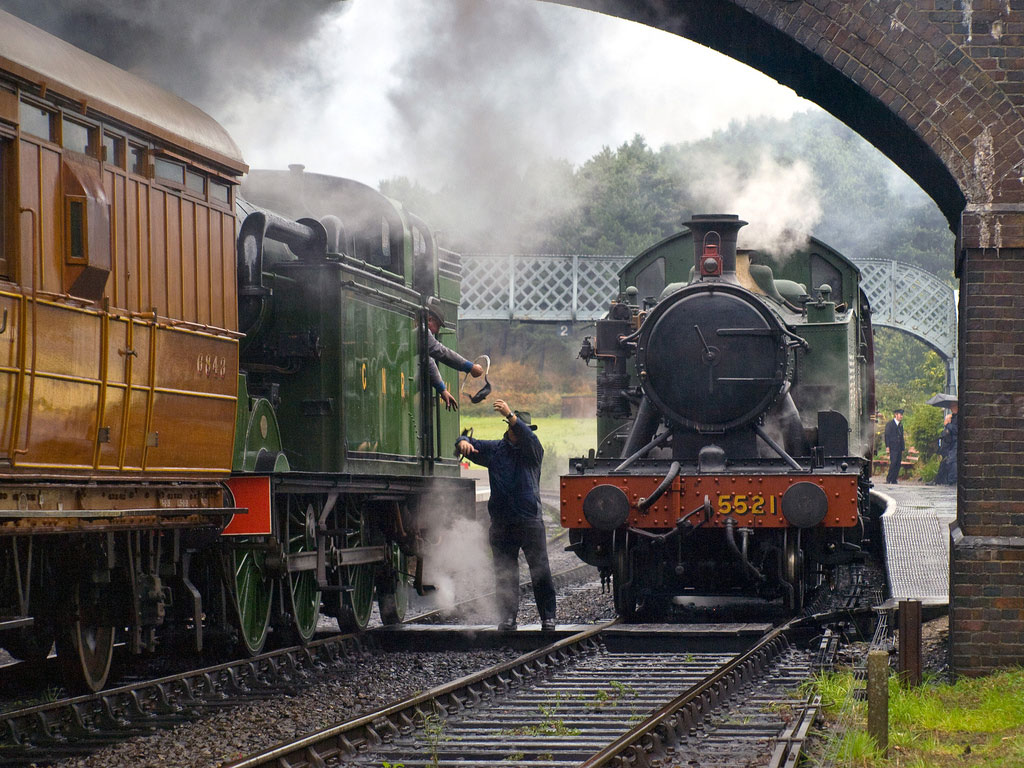Trainspotters meaning
I am reading a book – Platform Souls ‘Trainspotter as 20th Century Hero” by Nicholas Whittaker

Whittaker was a train-spotter when growing up in the 1960s. He tells of his fascination in watching steam trains and also how the decline of the railways and steam, completely changed the view of train-spotters, from a young hip hobby – to be the butt of jokes, eventually immortalised in a film about heroin addicts.
A train-spotter is defined as:
“A person who collects train numbers as a hobby.”
In the 1950s and 1960s, train-spotting was a very popular hobby for British boys who would stand on platform edges to catch the huge range of steam engines that were working the British railway system.
Train-spotting was very much the ‘FIFA football’ (or ‘Call of Duty’) of the 1950s. It was cool, and thousands of young children would spend much of their spare time hoping to get glimpses of the steam trains, passing through. It was also a little risky, with the eager train-spotter, sometimes ‘bunking’ railway sheds to catch the numbers of engines in their sheds. Train-spotters were tolerated, if not encouraged by the train authorities.
However by the early 1970s steam trains had disappeared from British railways, to be replaced by more modern, less charismatic, air-conditioned, safety-conscious mass produced trains. The decline of the romance of the railways also changed the view of train-spotters. Trainspotter jokes soon became a staple of society. This once popular hobby, has come to mean something very different. In fact ‘train-spotter’, now almost universally creates a derogatory image of a lone, anoraked, socially deficient loser, who hasn’t anything better to do.
